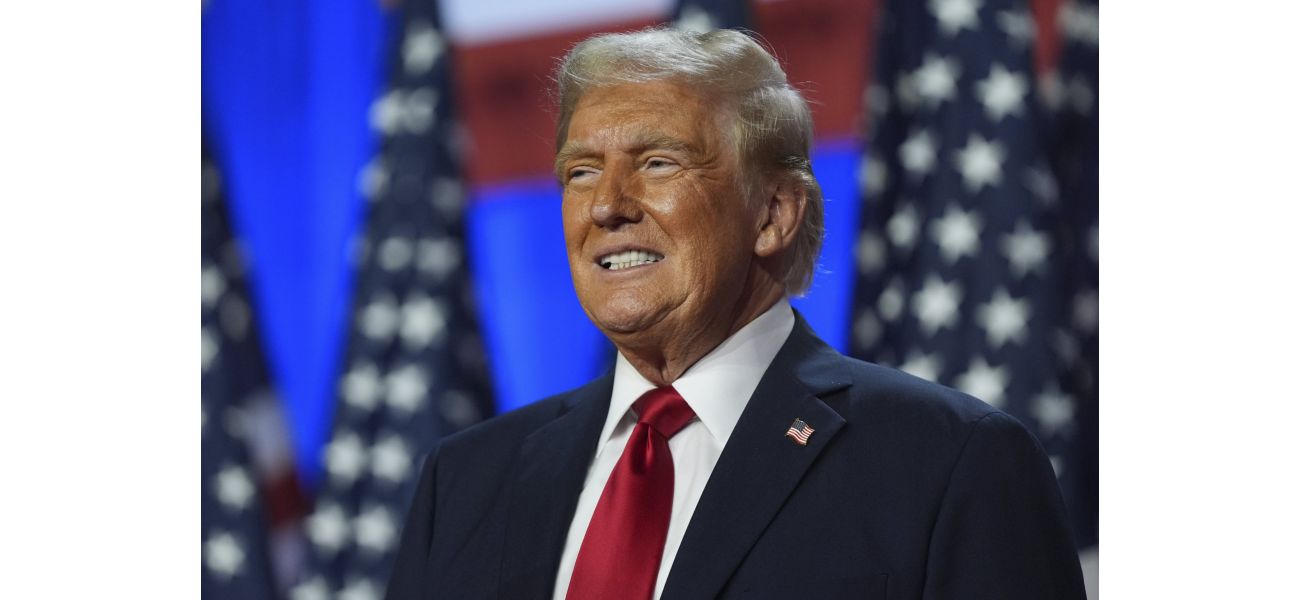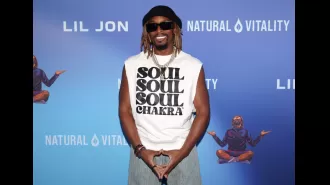Trump won't be charged for role in January 6 riots due to lack of evidence.
Presidents in office are immune to criminal prosecution.
November 26th 2024.

As Donald Trump prepares for his second inauguration, news has surfaced that two of his previous criminal cases have been dismissed by US prosecutors. These charges accused him of involvement in attempting to overturn the 2020 election, as well as mishandling classified documents. Many are questioning the reasoning behind this decision, but the answer is actually quite straightforward – according to the Constitution, sitting US presidents cannot face criminal prosecution.
Leading the cases was Special Counsel Jack Smith, who stated that the Justice Department's stance is that these charges must be dropped before Trump is officially inaugurated. The main accusation against Trump was his role in inciting the deadly Capitol riot on January 6th, 2021. He was facing charges of conspiracy to defraud the US, obstruction of an official proceeding, and conspiracy against rights.
Interestingly enough, Trump had previously threatened to fire Special Counsel Smith if he was re-elected. This put pressure on the team to make a decision quickly, and ultimately the cases were dismissed due to the Justice Department's policy. As stated by prosecutors, this policy applies to all presidents and does not take into account the seriousness of the crimes or the strength of the evidence.
The case brought against Trump in 2020 was initially seen as a major legal threat to his presidency, but it quickly became entangled in legal battles over his claims of immunity from prosecution while in office. This led to delays and ultimately the dismissal of the charges. However, the events of January 6th, where Trump's supporters clashed with law enforcement, brought the issue back into the spotlight.
In a landmark ruling, the US Supreme Court declared that former presidents have broad immunity from prosecution. Chief Justice John Roberts stated that Trump has presumptive immunity for any actions taken while serving as president. This decision sparked controversy, with dissenting Justice Sonia Sotomayor arguing that it goes against the fundamental principle that no one is above the law.
She points out that if a president knows they can be held liable for their actions, they may not be as bold and fearless in their decisions. This ruling has raised important questions about the balance of power and accountability within the US government. Only time will tell how this will impact future presidents and their actions while in office.
Leading the cases was Special Counsel Jack Smith, who stated that the Justice Department's stance is that these charges must be dropped before Trump is officially inaugurated. The main accusation against Trump was his role in inciting the deadly Capitol riot on January 6th, 2021. He was facing charges of conspiracy to defraud the US, obstruction of an official proceeding, and conspiracy against rights.
Interestingly enough, Trump had previously threatened to fire Special Counsel Smith if he was re-elected. This put pressure on the team to make a decision quickly, and ultimately the cases were dismissed due to the Justice Department's policy. As stated by prosecutors, this policy applies to all presidents and does not take into account the seriousness of the crimes or the strength of the evidence.
The case brought against Trump in 2020 was initially seen as a major legal threat to his presidency, but it quickly became entangled in legal battles over his claims of immunity from prosecution while in office. This led to delays and ultimately the dismissal of the charges. However, the events of January 6th, where Trump's supporters clashed with law enforcement, brought the issue back into the spotlight.
In a landmark ruling, the US Supreme Court declared that former presidents have broad immunity from prosecution. Chief Justice John Roberts stated that Trump has presumptive immunity for any actions taken while serving as president. This decision sparked controversy, with dissenting Justice Sonia Sotomayor arguing that it goes against the fundamental principle that no one is above the law.
She points out that if a president knows they can be held liable for their actions, they may not be as bold and fearless in their decisions. This ruling has raised important questions about the balance of power and accountability within the US government. Only time will tell how this will impact future presidents and their actions while in office.
[This article has been trending online recently and has been generated with AI. Your feed is customized.]
[Generative AI is experimental.]
0
0
Submit Comment





